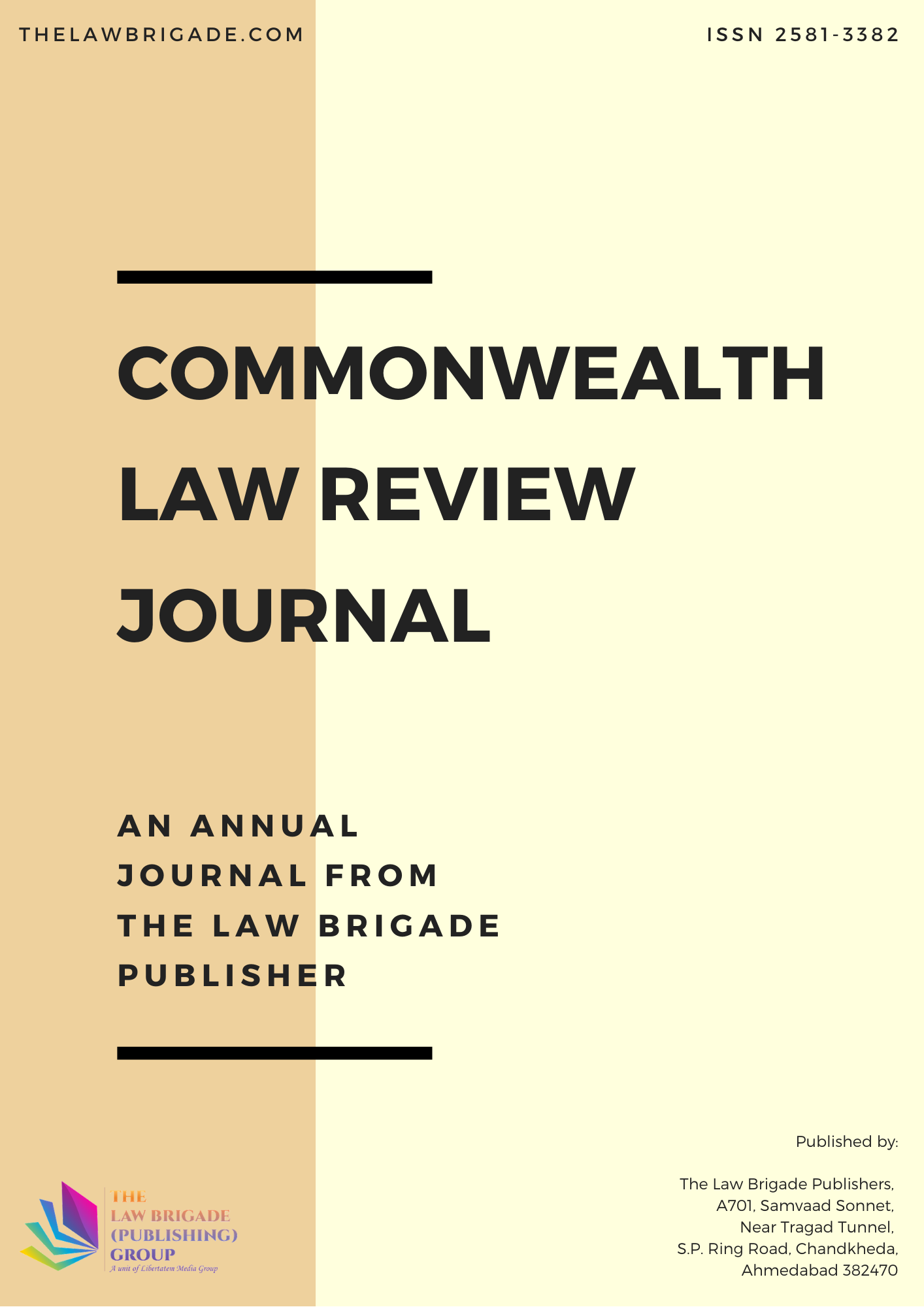The admissibility of digital evidence is a pivotal concern in modern legal proceedings, given the widespread integration of technology in various aspects of life. The paper examines the challenges associated with admitting digital evidence in court and anticipates future implications. The complexities arise from issues like data authenticity, integrity, and chain of custody in an era of easily manipulated digital content. The evolution of encryption and privacy measures further complicates the landscape. Moreover, courts grapple with technical jargon and the need for specialized expertise to comprehend digital evidence. Looking ahead, the future implications of this challenge are multifaceted. Legal systems must adapt to accommodate emerging technologies like blockchain and artificial intelligence, which introduce novel forms of evidence. Striking a balance between ensuring admissibility standards and embracing innovation is crucial. The paper underscores the necessity for legal professionals to collaborate closely with technology experts, formulate updated protocols, and establish a robust framework that maintains the integrity of the judicial process while harnessing the potential of digital evidence.
The Admissibility of Digital Evidence: Challenges and Future Implications
Publication Information
Journal Title: Commonwealth Law Review Journal
Author(s): Vanshika Shukla
Published On: 05/09/2023
Volume: 9
First Page: 464
Last Page: 476
ISSN: 2581-3382
Publisher: The Law Brigade Publisher
DOI Not Allotted [Get DOI]
Cite this Article
Vanshika Shukla, The Admissibility of Digital Evidence: Challenges and Future Implications, Volume 9, Commonwealth Law Review Journal, 464-476, Published on 05/09/2023, Available at https://clrj.thelawbrigade.com/article/the-admissibility-of-digital-evidence-challenges-and-future-implications/
Abstract
Keywords: Digital Evidence, Admissibility, Challenges, Future Implications, Authentication.
Share this research
Latest Publications
April 10, 2025





